Tomáš Hříbek
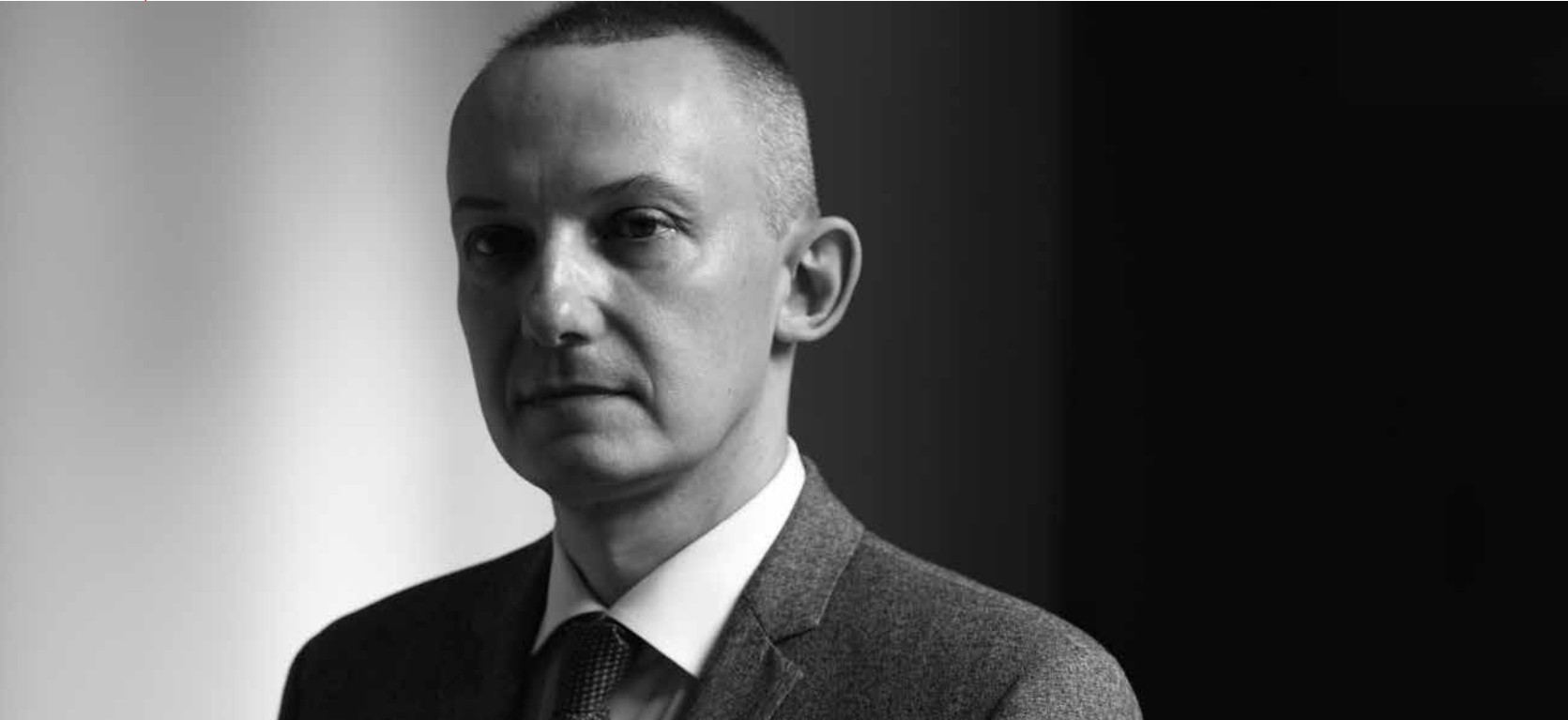
News
Philosophy of Mind
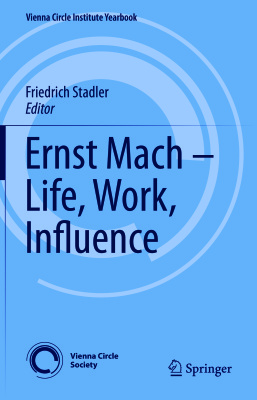
"Mach and Panqualityism"
Ernst Mach -- Life, Work, Influence (ed. F. Stadler). Springer, Cham 2019: 165-176
The chapter details the circumstances that have led to the recent rise of monism; the varieties of Russellian monism; Coleman’s panqualityism; and the similarities and differerences between panqualityism and Machian monism.

"Thoughtful Brutes"
Organon F 19, Suppl. (2012): 70-82
Donald Davidson and John Searle famously differ, among other things, on the issue of animal thoughts. Davidson seems to be a latter-day Cartesian, denying any propositional thought to subhuman animals, while Searle seems to follow Hume in claiming that if we have thoughts, then animals do, too. Perhaps we need to move beyond Davidson and Searle by developing a theory of non-propositional thought for animals.
[pdf]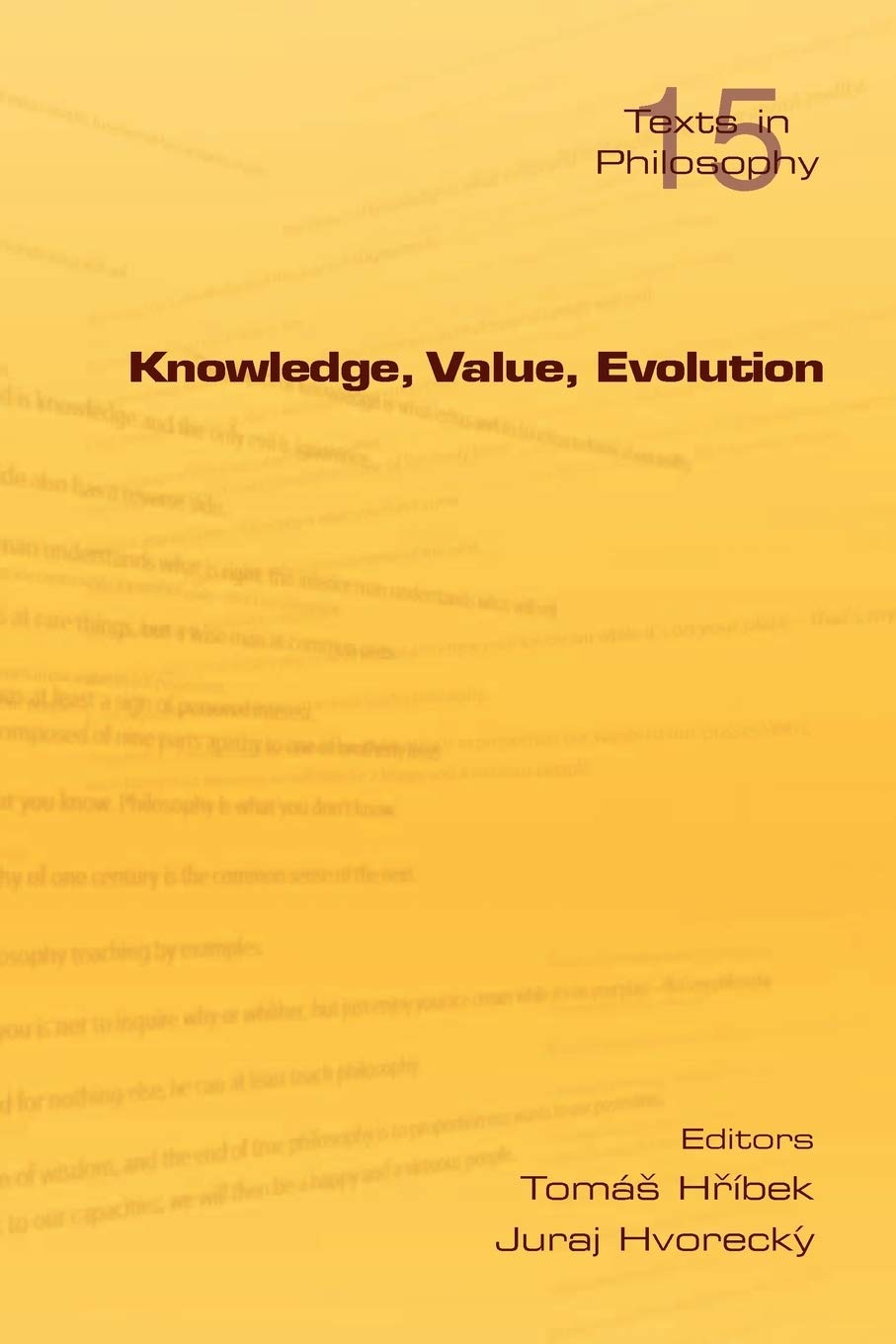
"Adaptationism, Deflationism and Anti-Individualism"
in: T. Hříbek - J. Hvorecký (eds.), Knowledge, Value, Evolution. College Publications, London 2011: 167-187
A critical discussion of the relationships between psychological externalism and varietieties of biosemantics (Ruth Millikan and Daniel Dennett).
[pdf]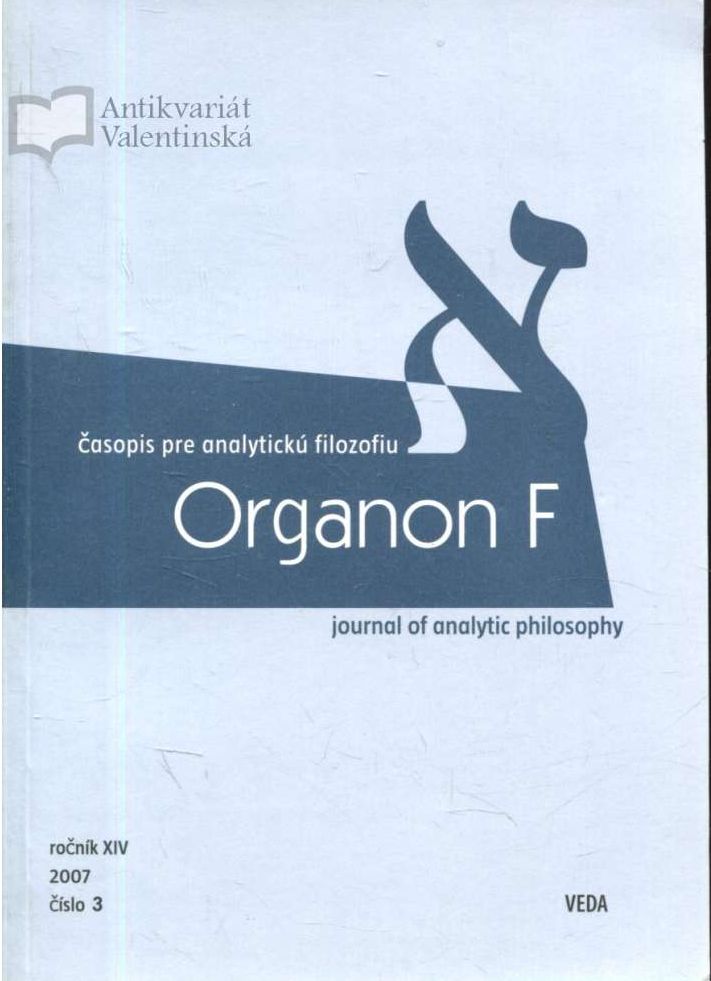
"Anti-Individualism, Materialism, Naturalism"
Organon F 14(3) (2007): 283-302
A study of the implications of Burge's anti-invidualism for the metaphysics of mind. Provided that anti-individualism and materialism cannot be squared and materialism, as a speculative metaphyiscal theory, should be abandoned, is it a disaster? We need not, in consequence of our inability to construe a coherent metaphysics of mind, give up on intentional vocabulary any more than we must stop, in consequence of our inability to make sense of induction, anticipating the future.
Metaphysics and Epistemology
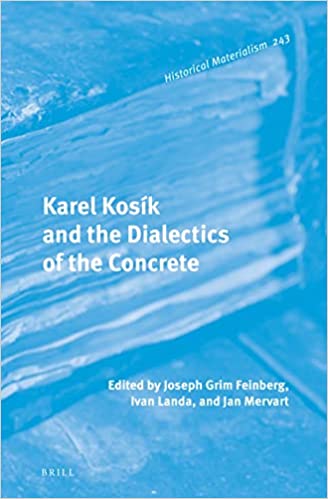
"Kosík's Notion of 'Positivism'"
in: Joseph Feinberg, Ivan Landa & Jan Mervart (eds.), Karel Kosík and the Dialectics of the Concrete. Brill, Louvain 2021: 229-247
A chapter on the vicissitudes of the concept of "positivism" in Marxist philosophy, with a particular focus on the work of the Czech Humanist Marxist, Karel Kosík.
"Against Coady on Hume on Testimony"
Acta Analytica 11(16-17) (1996): 189-200
The paper critically examines C.A.J. Coady's analysis of testimony, concentrating on his interpretation of the views of David Hume. Coady sees Hume as the originator of the individualistic, first-person, view of testimony, which he rejects in favor of a third-person view. The author provides evidence that Hume was a third-person theorist himself, even if he did not think that the truth of the majority of beliefs must be presupposed.
Philosophy of Science

"The Last Viennese Polymath"
Metascience 29(3) (2020): 385-390
A review esssay on the latest collection of the Otto Neurath scholaship: Jordi Cat & Adam Tamas Tuboly (eds.): Neurath reconsidered: new sources and perspectives (2019).
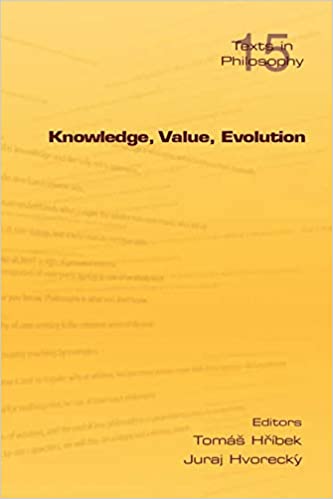
KNOWLEDGE, VALUE, EVOLUTION
College Publications, London 2011
The volume presents original contributions from the Knowledge, Value, Evolution conference, held in 2009 in Prague. Chapters included in this volume give a very comprehensive picture of the work on a Darwinian-inspired epistemology, philosophy of mind, ethics, social philosophy, as well as a more empirical study of cognition and religion.
Philosophy of Technology
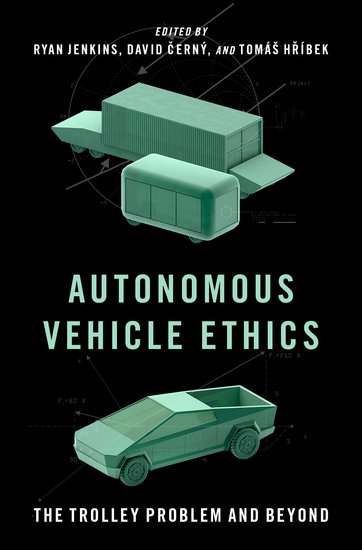
"Autonomous Vehicles, the Driverless City, and the Pedestrian City"
in: Ryan Jenkins, David Černý & Tomáš Hříbek (eds.), Autonomous Vehicle Ethics: The Trolley Problem and Beyond. Oxford University Press, New York 2022.
Although there has been a growing body of literature on the impact of autonomous vehicles (AVs) on the urban form, most authors have not critically examined the very idea of the city. This neglect is reflected in the fact that most contributions on the relations between AVs and urbanism are US-centric; that is, they assume the reality of the North American city on the highway. This chapter urges that a philosophical examination of the idea of the city is needed, if we are to achieve a desirable result by introducing AVs.
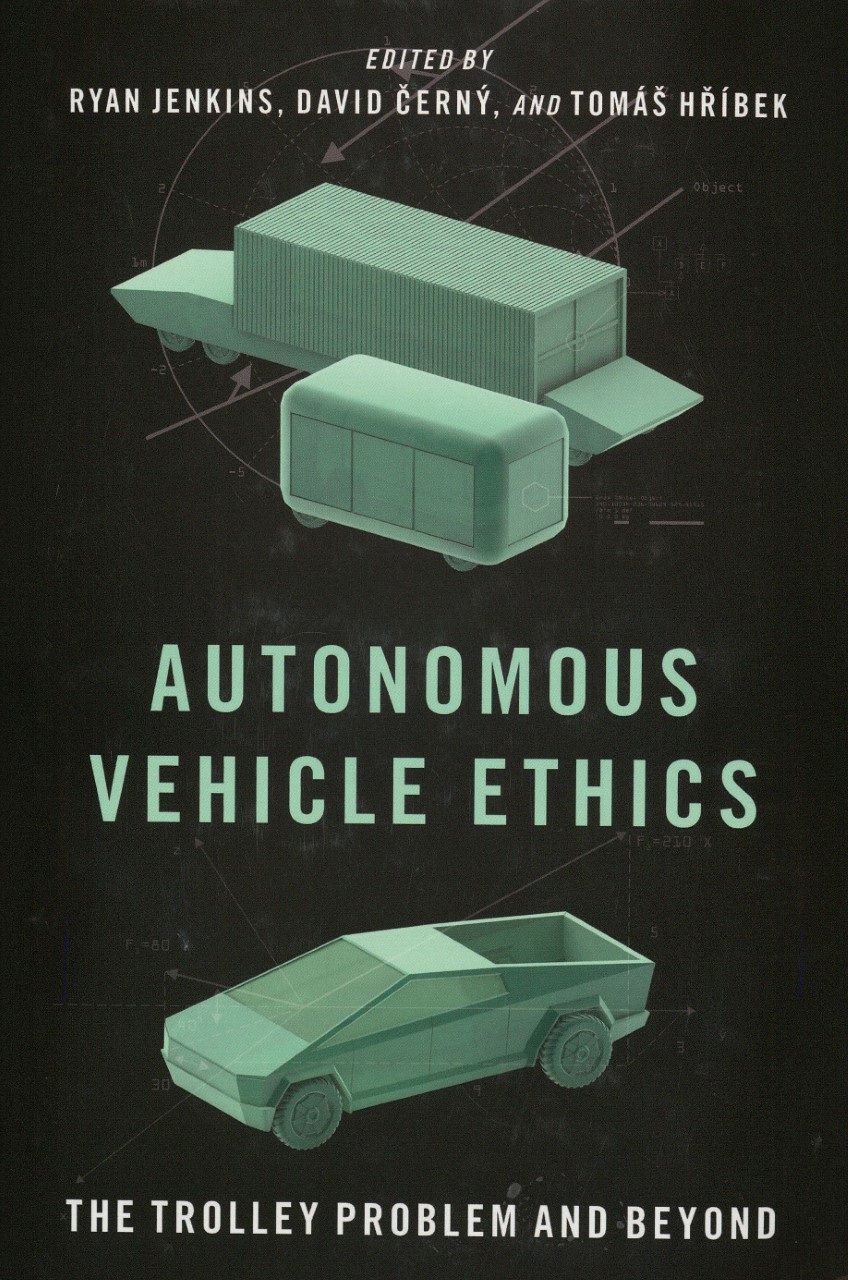
AUTONOMOUS VEHICLE ETHICS: The Trolley Problem and Beyond
Ed. by Ryan Jenkins, David Černý & Tomáš Hříbek, Oxford University Press, New York 2022
Represents a first book-length, interdisciplinary collection on the ethical and social implications of autonomous vehicles. Collects the work of leading experts in the field of the ethics of autonomous vehicle. Examines a famous philosophical thought experiment in the context of autonomous vehicles, as well as introducing new approaches.
[html]Aesthetics and art criticism
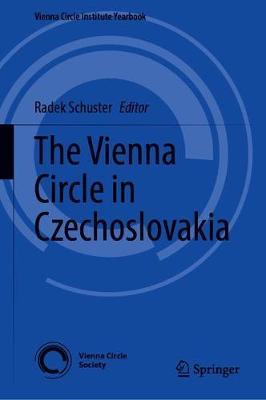
"Minimum Dwellings: Otto Neurath and Karel Teige on Architecture"
in: Radek Schuster (ed.), The Vienna Circle in Czechoslovakia. Springer, Cham 2020: 111-134
This essay reveals both the similarities and differences between the Austrian logical empiricist Otto Neurath and the Czech architecture critic Karel Teige on Marxism, science, architecture and the Bauhaus, as well as a discussion of the relations of both to their contemporaries, most importantly Adolf Loos, Josef Frank and Hannes Meyer.
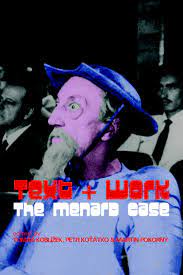
"The Menard Case and the Identity of a Literary Work of Art"
in: Tomáš Koblížek - Petr Koťátko - Martin Pokorný (eds.), Text + Work: The Menard Case. Litteraria Pragensia, Prague 2013: 6-34
A study of the ontology of a literary work of art, crtiquing the arguments of Arthur Danto and Nelson Goodman from the standpoint of semantic externalism.
"Review: Denis Dutton, The Art Instinct: Beauty, Pleasure, and Human Evolution"
Estetika: The Central European Journal of Aesthetics 48(2) (2011): 248-253
A review of Dutton's book introducing his conception of Darwinian aesthetics.
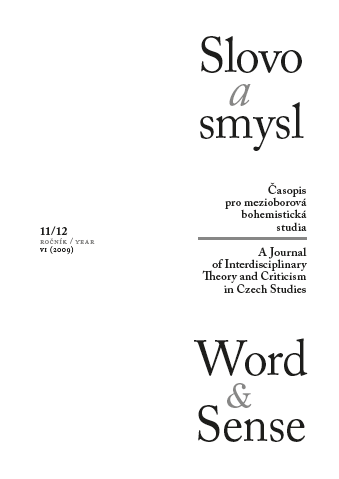
"Darwin's Writers"
Slovo & Smysl/Word & Sense 5(11-12) (2009): 19-52
The paper examines the impact of Darwin's ideas on the English literature, from the late Victorians Samuel Butler, G. B. Shaw and H. G. Wells to our contemporaries A. S. Byatt and Ian McEwan.
[html]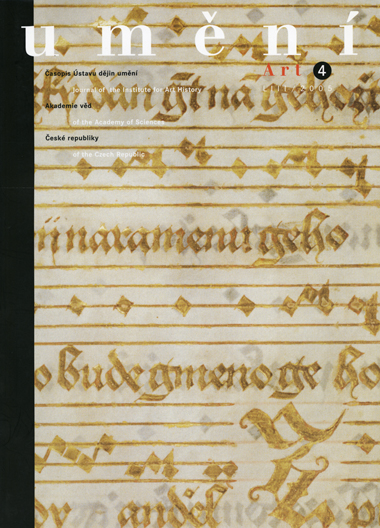
"Karel Teige and the 'wissenschaftliche Weltauffassung'"
Umění/Art 53(4) (2005): 366-384
The study responds to the polemic between the architectural historians Simone Hain and Rostislav Švácha concerning the alleged affinity of Karel Teige's thought to logical empiricism. This affinity was asserted by Hain and rejected by Švácha. I agree with Švácha that Hain's position is anachronistic, and thus untenable. At the same time, I point out against Švácha that the absence of the specific doctrines of logical empiricism does not mean that we cannot find some wider intellectual commitments that Teige shared with logical empiricists.
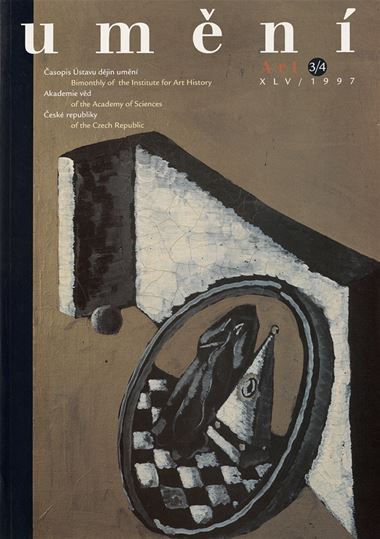
"Magritte Meets Kripkenstein"
Umění/Art 45(3-4) (1997): 240-258
An interpretation of René Magritte's word-pictures in terms of Kripke's interpretation of Wittgenstein.
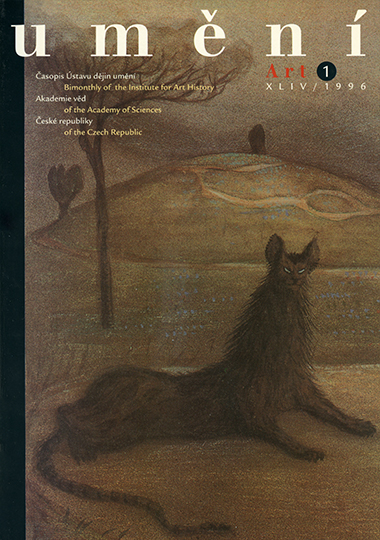
"Auf/Bau/Haus: Tracking the Continuities Between Logical Positivism and Avant-Garde Art"
Umění/Art 44(1) (1996): 53-73
A study of the mutual influences between the scientific philosophy of the Vienna Circle and the avant-garde art and architecture, primarily the Bauhaus.
Miscellanea
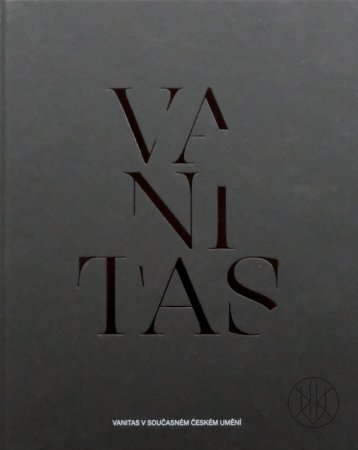
"Living on in One's Apartment: Pitfalls of Immortality and Logevity"
in: Otto M. Urban (ed.), Vanitas in Contemporary Czech Art. DOX, Praha 2021: 34-37
An essay on the metaphysics and ethics of immortality and extreme longevity for a catalog of an exhibition about the motif of vanitas in the contemporary Czech art.

"Technology Ethics in Central Europe: A New Hope from Prague"
Patrick Lin, Director of Ethics + Emerging Sciences Group of California Polytechnic State University interviews Tomáš Hříbek and David Černý, the founders of the Karel Čapek Center for Values in Science and Technology.
[html]CV
I was born in Prague, where I have also lived most of my life. However, I spent the period 1993-2006 in the United States and Canada. I studied at the School of Liberal Arts of Charles University in Prague, and I obtained my Masters degree at Bowling Green State University in Ohio, and my PhD in Philosophy at the University of Minnesota in Minneapolis.
I specialize in philosophy of mind and consciousness, select topics in ethics and applied ethics (in particular bioethics), as well as select issues in aesthetics and philosophy of art. I also published several studies on the philosophical relevance of Darwinism.
These themes might appear disjointed, but there are as a matter of fact various connections among them. For example, I endorse externalism, a.k.a. anti-individualism, in philosophy of mind, i.e. a theory according to which the nature of beliefs and other propositional states depends on the character of environment. I maintain that something similar is true of artworks and other cultural artifacts as well. Aesthetics may seem distant from philosophy of biology, but I am curious about the extent to which art creation and appreciation can be integrated within evolutionary psychology.
I have recently become interested in the philosophy of emergent technologies, especially in roboethics. I work in this area in a close co-operation with my colleagues from the Karel Čapek Center for Values in Science and Technology which we founded in 2018.
In addition to my research, I occasionally publish popular articles on various issues of public interest, popular science and atheism.
I am based primarily at the Institute of Philosphy of the Czech Academy of Sciences. However, it is good to be in contact with students, which is why I regularly teach at Charles University (UPCES-CERGE), Anglo-American University in Prague, and the Academy of Fine Arts.
Research

My current projects
Together with my colleagues Ryan Jenkins (California Polytechnic University, San Luis Obispo) and David Černý (Institute of State & Law, Prague), I am editing a large volume on the ethical and social issues of the autonomous vehicles. The book will cover not only the more traditional Trolleyology, but also fresh perspectives from political philosophy as well as the philosophical reflections on urban design. I also wrote a chapter for this volume on the autonomous vehicles from the point of view of philosophy of the city.
Teaching
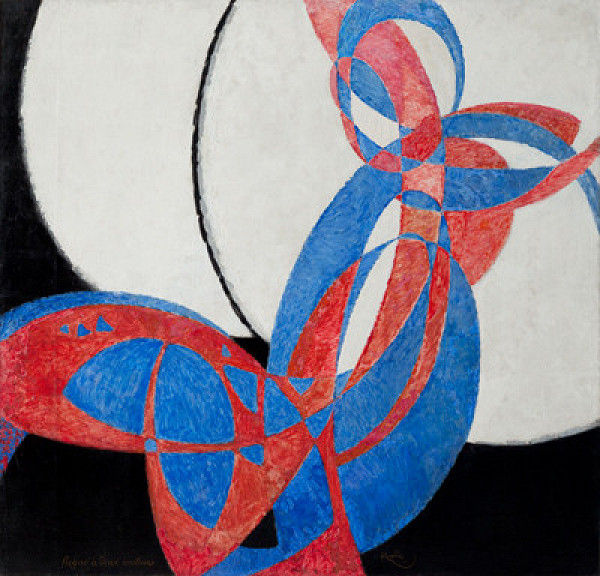
I teach courses in English as well as Czech on aesthetics and philosophy of art, critical theories o art, and the Central European intellectual history at Charles University (UPCES/CERGE), Anglo-American University, and the Academy of Fine Arts.
Blog
1. 6. 2021
A Journal of the Plague Year
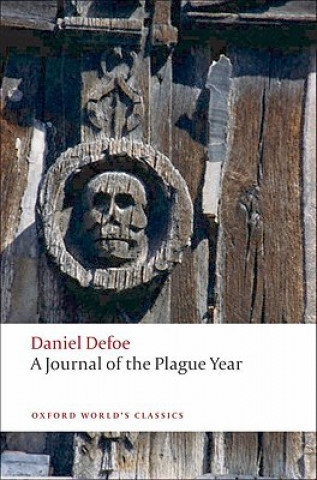
During the covid-19pandemic we have seen, among other things, the reading lists geared precisely to this period. They featured Albert Camus‘s The Plague, G. G. Márquez’s Love in the Time of Cholera, Margaret Atwood‘s Oryx and Crake and other books that highlight some epidemic or another. Every list I’ve seen also included Daniel Defoe’s A Journal of the Plague Year. I read it only a few months ago, precisely because I was curious aboutits topicality with respect to the current pandemic. I have found out it isstill worth reading. Among other things, it is a testimony to a zeitgeist change between the mid-1600s, when the book was written, and our present.
We are currently confronted with agrowing pessimism about human rationality, specifically about our ability to accept the scientific view of the world. The ongoing pandemic provided the pessimists with new ammunition in the form of the hordes of antivaccinists andconspiracy theorists who spread the views that are in flagrant contradiction with empirical evidence and logic. In his book, which describes the course of the plague in London during the year 1665, i.e. at the beginning of the era ofthe Scientific Revolution, Defoe provides ample testimony to a similar madness. Multitudes fell for various fraudsters, alarmists, astrologers and other impostors.
At the same time, there are important differences between the world described by Defoe and our present. These differences provide us with some grounds for optimism, Ithink. Defoe—or, rather, the narrator of the book, identified by the initials H.F., who is clearly Defoe’s alter-ego—is a man at the crossroads of two epochs. In the old, pre-scientific world, everything that happens is filled with a moral meaning, everything is a sign from God, every misfortune is God’s punishment. Defoe’s H.F. agrees with his contemporaries that the plague that struck London needs to be seen within this framework. However, unlike most of these contemporaries, H.F. is an educated man familiar with the budding scientific theories that began to provide a mechanical explanation of all events. For instance, the appearance of a comet which was interpreted by the ignorant folks as a foreboding of the coming plague, was understood by H.F. to be a mere natural phenomenon governed by a mathematically predictable regularity with no connection to the plague. In the conclusion of the book, however, H.F. slips back to the pre-scientific, supernatural style of thinking when he notes that “it pleased God” to end the plague.
Unlike the current pessimists, I believe that we have made a tremendous progress since the 17th century. It’s not just that our scientists identified, inthe course of few months, the origin, nature and crucial properties of the newdisease, and that they produced, in less than a year, a whole range of efficientvaccines. This is certainly a phenomenal progress, compared to the situation merelya few centuries ago, when even the scientific elite was in the dark about the nature of the plague and its mode of transmission, let alone its cure. What I have in mind is rather the fact that at least in the part of the world which gave birth to, and was fundamentally transformed by, the Scientific Revolution I have not during the past year heard any significant voices that would ascribe the origin of covid-19 to supernatural agents. Even the rapidly diminishing group of religious believers have apparently absorbed the essential features of the scientific worldview, since even they don’t wonder about a spiritual cause or meaning of the pandemic, nor do they seem to ask God for a forgiveness. Instead, like the rest of us, they simply call for an efficient cure. Of course, conspiracy theorists think that the vaccines against covid were developed suspiciously quickly, because these people revel in being constantly duped. Yet it’s easy to find out that the rapid progress in dealing with the new disease was made possible by the fact that scientists were actually able to recycle much of the information previously gathered about SARS. Despite the fact that even today we come across the representatives of magical thinking, it appears that the opposition to the mainstream scientific approach to the pandemic is usually pseudoscientific—i.e., imitating the external features of scientific thought—rather than openly antiscientific (animistic, supernaturalisticetc.).
Science is exceedingly demanding and it offers a picture of reality which is ever more foreign to our mammalian common sense. And yet, the latest events indicate that the crisis of confidence in science is perhaps less serious than it’s often cracked out to be.